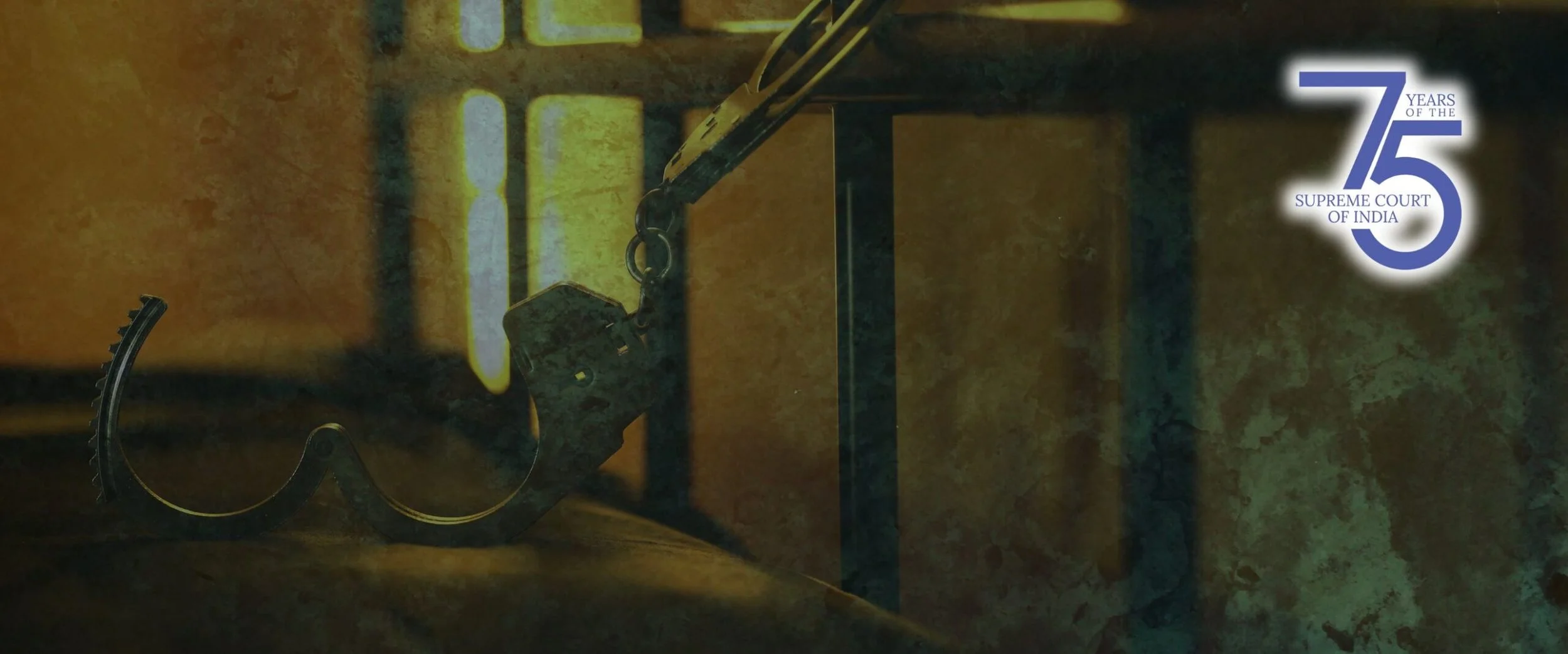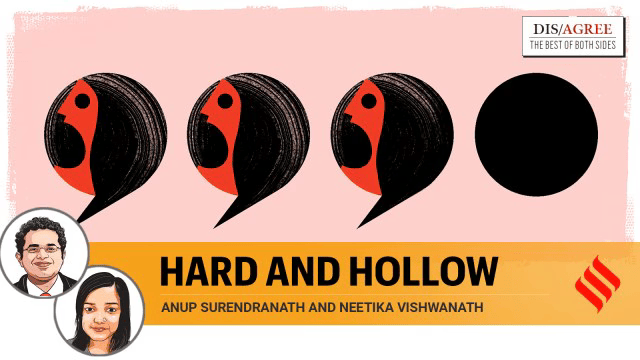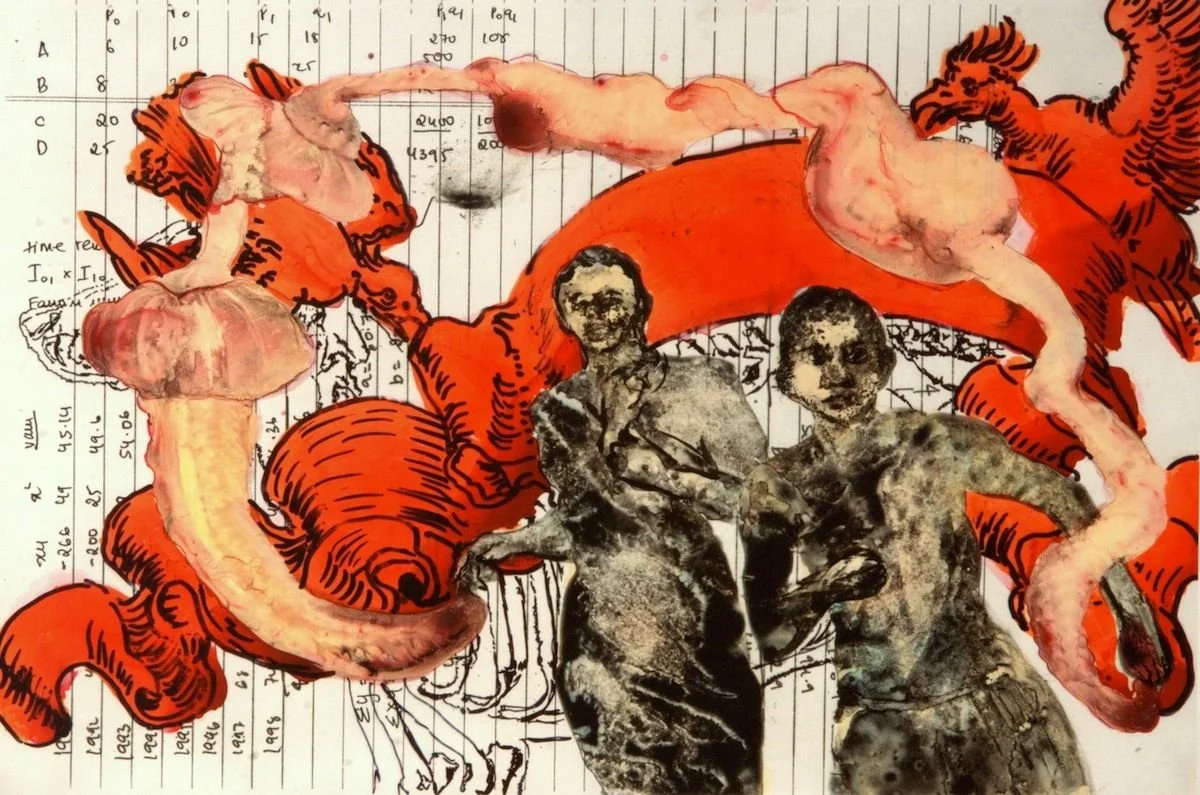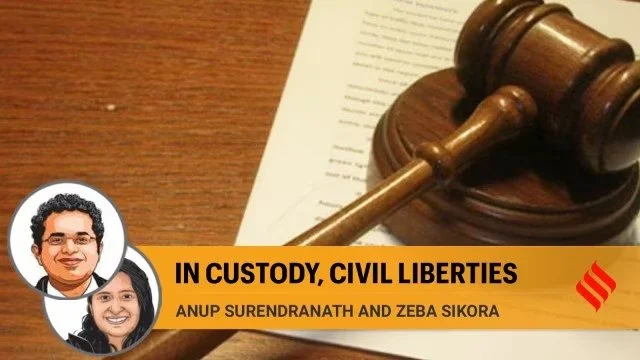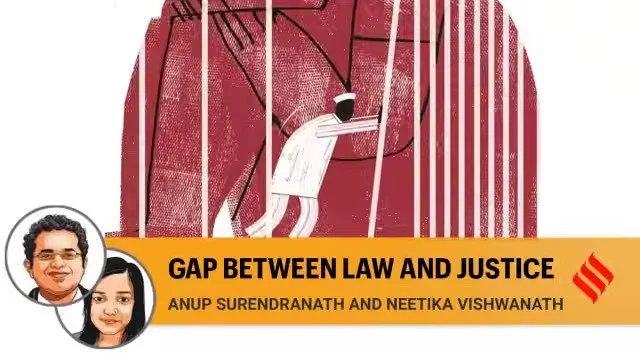Electronic tracking will serve as a continuous ‘panopticon’ beyond the prison, perpetuating the revolving door of crime for accused persons while continuing to burden the state infrastructure.
Read MoreWest Bengal’s Aparajita Bill has introduced harsher punishments for rape. But by blurring distinctions between aggravated and non-aggravated rape, it offers more problems than solutions.
Read MoreThere has been significant empirical work demonstrating the inefficacy of the death penalty. In its 75th year, the Court must engage with it.
Read MoreWe require broader social reforms, sustained governance efforts, and stronger criminal justice institutions. The hollow tough-on-crime political agenda is nothing but a distraction.
Read MoreThe approach to calls for swift justice has been to shorten the time required for investigations and trials without addressing pre-existing problems plaguing the police, forensic labs and the judiciary.
Read MoreThe administration of the death penalty in India is in crisis, with over 95% of imposed death sentences not surviving appellate scrutiny.
Read MoreThe institutional readiness for new criminal laws coming into force is a serious cause for concern.
Read MoreForensics as a field comprises different disciplines, but not all of them meet the requisite thresholds of accuracy and precision to qualify as a “science”.
Read MoreA persistent issue in the Indian criminal justice system has been the over-incarceration of pre-trial detainees.
Read MoreIn a penal system where remission is an indispensable opportunity that facilitates reform, exclusionary policies need to be interrogated.
Read MoreWhile justice has been done in this case, difficult questions on state remission policies remain.
Instead of decolonising criminal law, these Bills entrench colonial logic — where the state’s paramount interest is to control the people to the maximum extent.
Read MoreThe pursuit of accountability should not translate into a demand for convictions at all costs as it risks weakening an already broken criminal justice system.
Read MoreGhulam Mohd Bhat, who has been accused of terror financing under the Unlawful Activities Prevention Act, 1967, was granted bail by a Special Court in Jammu on the condition that Bhat wears a GPS tracker around his anklet.
Read MoreThe narrative of decolonisation must not be seen in isolation from developments in other areas of criminal law that are pushing us back into colonial ways of lawmaking.
Read MoreWhat role and weight must we assign to environmental factors in engendering and perpetuating conditions that lead to crimes?
Read MoreDespite the terror charges being an outcome of the prejudicial and disparate impact of the law, the terror defendants in Suresh’s book are not defined by passivity and victimhood.
Read MoreThe Bharatiya Nyaya Sanhita, 2023 proposes to criminalise sex which is based on the promise to marry when there was no intention of fulfilling the same.
Read More


